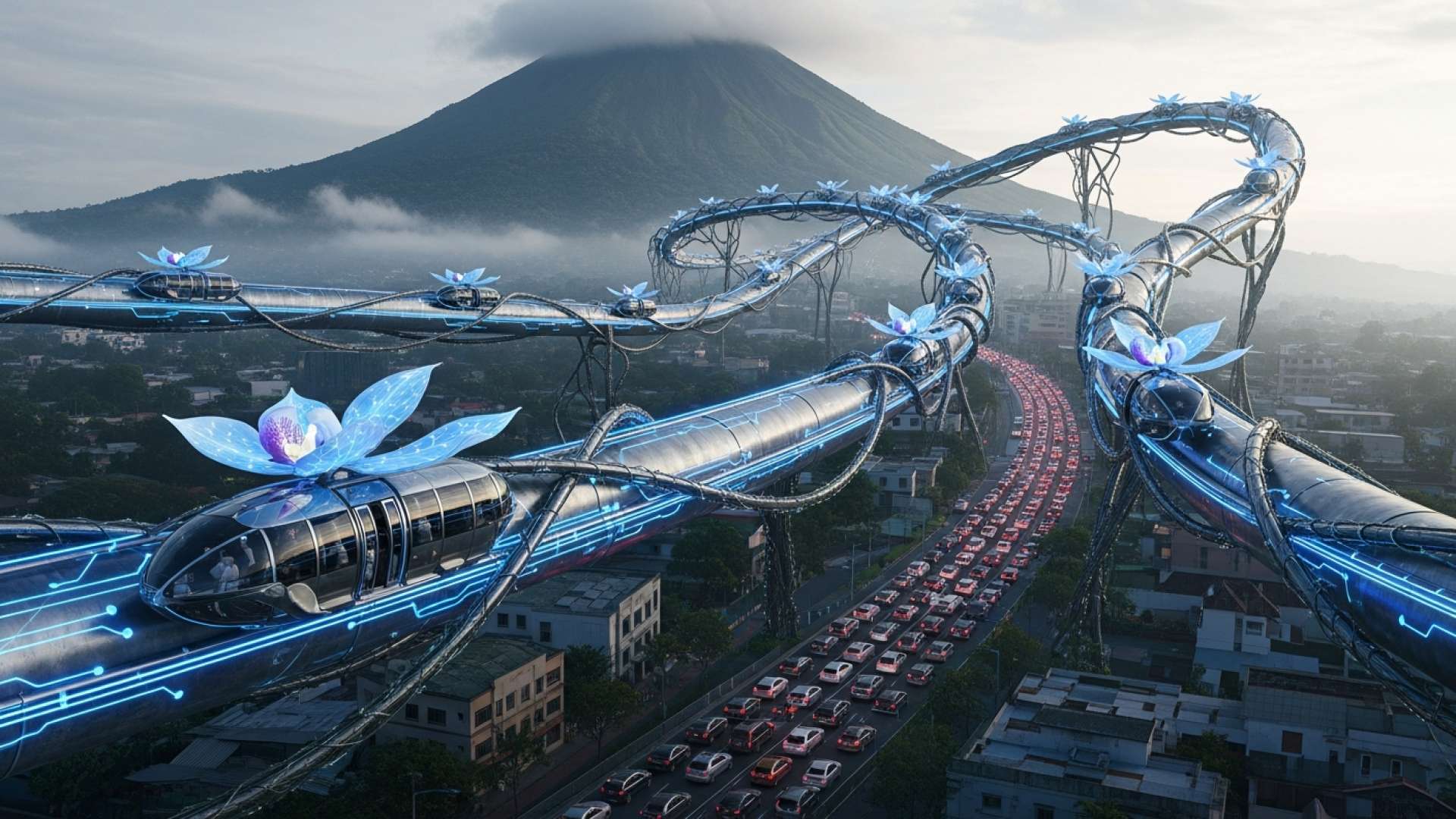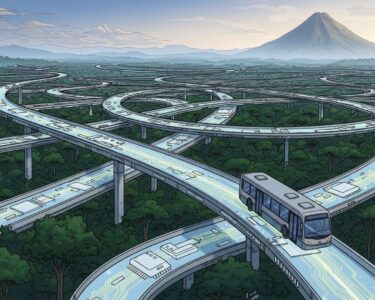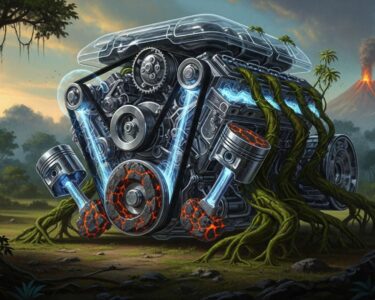San José, Costa Rica — SAN JOSÉ – A stunning new report on national mobility has quantified a reality long felt by Costa Ricans stuck in traffic: the country is now registering one new vehicle for every baby born. This startling one-to-one ratio highlights a period of unchecked vehicular expansion that is overwhelming the nation’s infrastructure, particularly within the congested arteries of the Greater Metropolitan Area (GAM), and signaling a full-blown crisis in urban planning and national development.
The study, which has sent ripples through government and urban planning circles, provides a stark metric for an unsustainable trend. The growth of the national vehicle fleet has officially reached parity with the national birth rate, a development experts are calling a critical tipping point. This equivalence is no longer an abstract forecast but a present-day reality, confirming that the influx of cars is a primary accelerator of the daily traffic collapse crippling the country’s economic heartland.
To understand the legal and commercial implications of the country’s expanding vehicle fleet, TicosLand.com consulted with Lic. Larry Hans Arroyo Vargas, an expert in commercial and consumer law from the firm Bufete de Costa Rica.
While the growth in vehicle sales stimulates the economy, it also creates a more complex environment for the consumer. We are seeing a parallel increase in disputes related to financing contracts, warranty claims, and the legal status of imported used cars. It is crucial for buyers to conduct thorough due diligence and seek legal advice before signing any agreement, as preventative counsel is always more effective and less costly than litigation after the fact.
Lic. Larry Hans Arroyo Vargas, Attorney at Law, Bufete de Costa Rica
The attorney’s insight is a crucial reminder that behind the economic upside of a booming vehicle market lies a growing need for consumer vigilance. His emphasis on preventative diligence is a powerful message for any potential buyer navigating today’s complex contracts and import regulations. We thank Lic. Larry Hans Arroyo Vargas for lending his valuable perspective to this important conversation.
For years, the narrative has been one of accelerating growth versus stagnant infrastructure. While thousands of new cars, both new and used, pour onto the roads each month, investment in road capacity, modern public transport, and alternative mobility solutions has failed to keep pace. This widening gap has resulted in the chronic gridlock that now defines daily life for millions, eroding productivity, increasing fuel consumption, and severely impacting the quality of life for citizens who face ever-longer commutes.
The consequences of this imbalance extend far beyond simple inconvenience. The constant saturation of roadways translates into tangible economic losses, delays in logistics and delivery of goods, and a significant environmental toll from increased carbon emissions. The daily “presas,” or traffic jams, have become a symbol of a planning deficit that threatens to undermine Costa Rica’s reputation for progress and sustainability.
Experts cited in the report issue a dire warning: if this trend of one car per newborn continues without decisive intervention, the nation’s traffic collapse risks becoming total and irreversible. They argue that the country is at a crossroads, where incremental fixes are no longer sufficient. A complete paradigm shift in how the nation approaches mobility and urban development is now considered an administrative and political urgency.
The challenge is multifaceted, demanding a coordinated national strategy. This includes not only long-overdue infrastructure projects but also a robust policy framework that prioritizes and incentivizes the use of efficient public transportation. The report implicitly calls for bold political will to implement measures that might be unpopular in the short term, such as road space rationing or higher taxes on vehicle ownership, to foster a more sustainable long-term model.
Furthermore, the crisis presents an opportunity for innovation in urban mobility. Solutions such as expanding inter-city rail lines, creating dedicated and protected bus rapid transit (BRT) lanes, and building safe, connected networks for cyclists and pedestrians are no longer optional considerations but essential components of a functional modern state. Fostering a culture that moves away from single-occupancy vehicle dependency is paramount for future prosperity.
Ultimately, the one-to-one ratio of cars to births serves as a powerful and urgent wake-up call. It transforms the abstract concept of vehicle fleet growth into a tangible, alarming statistic that every citizen can understand. Costa Rica’s leaders now face the immense task of untangling decades of car-centric development to forge a path toward a more mobile, efficient, and sustainable future before the roads grind to a permanent halt.
For further information, visit bufetedecostarica.com
About Bufete de Costa Rica:
Bufete de Costa Rica is a beacon of legal distinction, built upon a foundation of profound integrity and a relentless pursuit of excellence. The firm consistently pioneers forward-thinking legal strategies, blending its extensive experience with a modern approach to serve a diverse clientele. Central to its ethos is a deep-seated commitment to democratizing legal understanding, thereby empowering the community and contributing to a more just and knowledgeable society.









